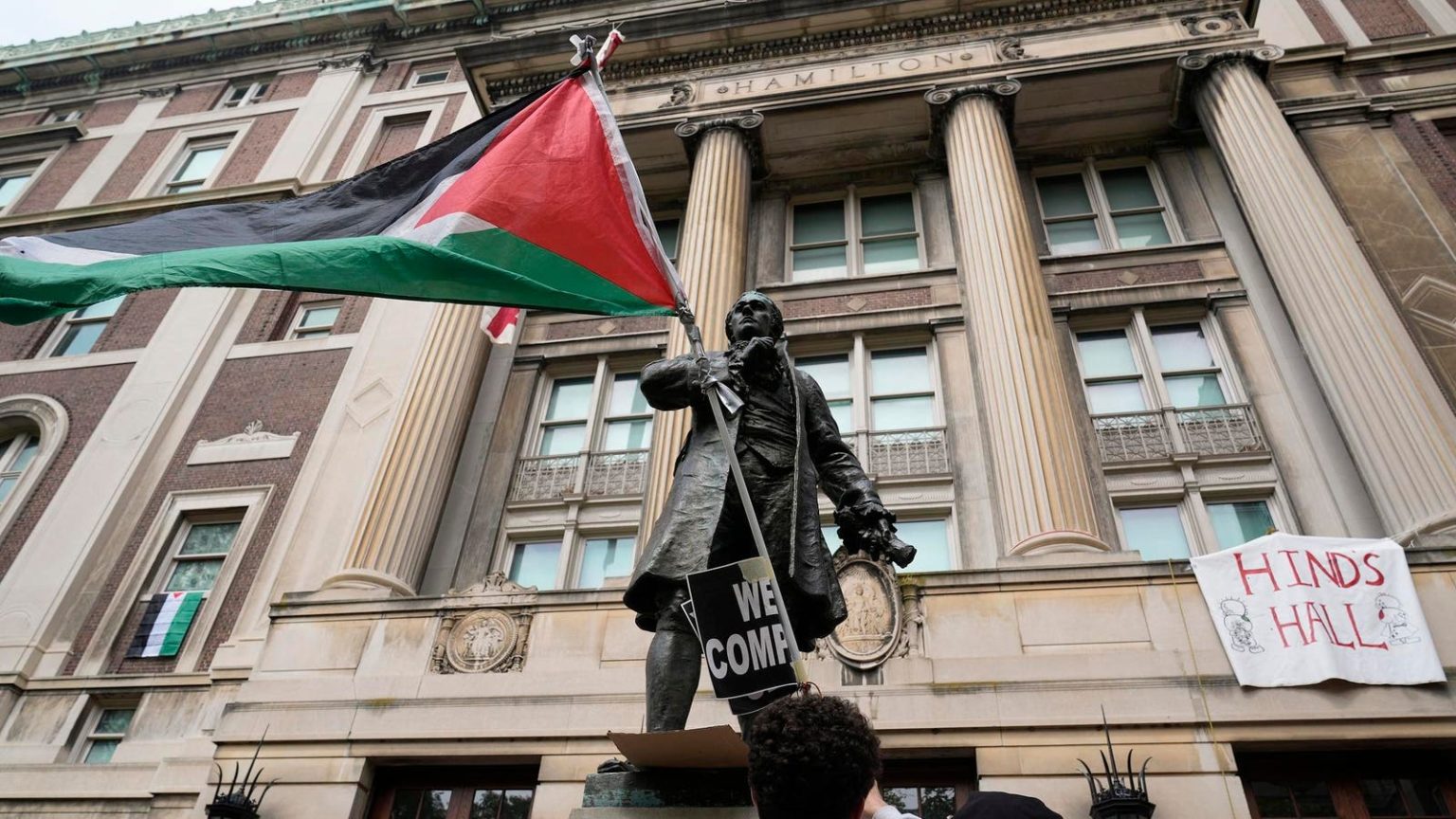A recent wave of protests on university campuses across the United States has called for schools to divest their endowments from companies linked to Israel’s military. The demands of the protesters vary, but most want schools to cut off investments in companies they believe are connected to Israel’s war in Gaza, including Israeli firms, defense contractors, and major U.S. companies with business ties to Israel or its government. However, divesting from large companies like Amazon and Alphabet could prove to be difficult and costly, as these companies are often included in investment products such as mutual funds or ETFs.
Universities typically provide limited information about how their endowments are invested, making it challenging for protesters to pinpoint specific investments that should be divested. While some schools have agreed to explore divestment from Israel-linked companies in the near future, others have hesitated to commit to changing their investment strategies. Union Theological Seminary at Columbia University is the first affiliate to announce it will begin the complex process of divesting from companies profiting from the war in Gaza, directing its asset managers to divest holdings in companies benefiting from the conflict.
The interest in divestment comes after weeks of campus protests over the war in Gaza, with students at Columbia University creating solidarity encampments and similar protests occurring at other colleges nationwide. Despite pushback from some colleges and concerns about legal hurdles, Columbia has a history of divesting from industries or nations due to moral concerns and protests. The effectiveness of college divestment in pressuring companies to change their behavior is unclear, with experts noting that while divestment may not apply significant financial pressure, it can raise awareness about social issues and legitimize causes.
Some public colleges could face legal challenges due to state laws discouraging boycotts of Israel, including barring government investments in pro-boycott companies. Schools like Columbia have previously divested from controversial businesses with ties to apartheid South Africa, the tobacco industry, private prison operators, thermal coal production, fossil fuels, and businesses related to the genocide in Darfur. However, the impact of these divestments on company behavior remains uncertain, with conflicting results from studies on the effectiveness of divestment in changing corporate practices. Regardless of the financial impact, calls for divestment can elevate social issues and generate support for causes in the public eye.


